Supercars and esports — what do the drivers and teams think?
We know the Supercars esports series can’t be too far off. Combine that with the launch of both the Mercedes and McLaren F1 esport teams, and there’s a lot happening in the esports and motorsport world. The inclusion of esports drivers into physical-world motorsport is occurring all over the world. So what do the physical-world drivers and teams think about having gamers and players as part of their teams? I thought I’d catch up with some drivers and team owners to get their thoughts on esports.
It’s a natural fit
Greg Murphy, the four-time Bathurst 1000 Champion, had very positive things to say. He’s excited about the growth of esports. He believes the inclusion of esports into the motorsport world will bring more people to the sport:
[Esports is] absolutely coming in leaps and bounds. There are so many similarities between [esports racing games and motorsport], more so than any other sport. [In other sports] you’re not moving your hands to shoot basketball hoops, just pressing buttons. But in racing games, you’re moving, turning, steering. You don’t get the same force feedback but everything else is there. It seems like a really natural fit for us and draws more people to our sport, to the physical sport. I don’t know why we don’t have this sort of thing [set up] at every race.
Murphy echoed the similarities between esports and motorsport that we’ve discussed in the past. Not only are there similarities in event styles and broadcasting, but the skills required are transferable. In this way, F1 teams such as McLaren and Mercedes can pass on skills and knowledge to their newly formed esports teams. Murphy additionally commented on the success he’s already seen with Gran Turismo Sport and PlayStation. He further talked about the Supercars pilot at Bathurst last year, and hopes to see more esports at other Supercars events.

Brings another dimension to Supercars membership
Adding an esports series will engage and bring more people to the sport. Esports and motorsport will benefit from building on one another. Motorsport fans could get involved by driving in their favourite team cars. Esports players and sim racers can show off their driving skills. They could potentially be scouted to join the physical world teams too. We’ve seen this at McLaren in the past.
Michael Teychenne from Nissan Motorsport said it could be a great way to broaden team membership. Fans could purchase memberships to their favourite teams — as they currently do — and be rewarded with more for their loyalty. They could become part of the team, driving in their favourite cars. There’s also scope to use some of these esports platforms and simulators to feel like a driver yourself. Members could even race against their idols.
These things are all possible. As more fans from both motorsport and esports join the party, and the lines between the physical and the digital are blurred, I’m sure we’ll see more of this in the future. Not just from the individual teams, but also from Supercars as an organisation. It’s definitely an exciting time to be an esports and motorsport fan!
Simulators and drivers
Esports is a natural fit for Supercars. Not just because the skills are transferable, but because physical drivers are “playing games” all the time. Drivers rarely get track time. Track time is limited throughout the year and is fairly costly for teams. There are tires to take care of, petrol, damages, transport, and more. To ensure drivers are ready for each race, they practice extensively on simulators. This extends to drivers from all categories — Supercars, Formula 1, rallies, and more. Practising corners, turns, getting a feel for the car setup, and learning the track.
Simulators and esports therefore go hand in hand. Rookie drivers like Anton de Pasquale and Jack Le Broque spend much of their time building their experience up to that of the older drivers. It’s very important, and part of being an athlete in motorsport.
Le Broque thinks it’s good to bring in the esports drivers too. It’s something that fans and players can do to become more immersed in motorsport. De Pasquale commented on esports and how the “the whole thing is really taking off. It’s just becoming huge… it’s really exciting.” And he’s not just talking about esports, but simulators too.
As esports grows and becomes better, so too do the simulators. Many people now have simulators in their homes, and even more are moving towards motion simulators. As motion simulators become cheaper, we’ll see more of them. More simulators means more gamers and players, better drivers, and more challengers for the esports series.
From the commentator’s box
Cameron van den Dungen, one of the Supercars commentators, also talked about simulators being used in motorsport:
Formula 1 drivers have been using simulators as preparation for events for years, and the use of simulators has now spread to all forms of motorsport globally… it is a way to learn a track and to work with engineers on potential set-ups ahead of the first on track session… to ensure you put your best foot forward from the very first lap you cut of the track.

Simulators are essential for drivers to practise. But it’s not just for the drivers. Simulators are finding their way into competitive esports as well.
Esports and virtual reality
Alongside simulators and their use, van den Dungen talked about his first esports experience:
Esports was initially foreign to me, as I have never really been a gamer… I’ve always been more of an IRL [In Real Life] kinda guy. The rise of VR [virtual reality] and motion simulators has completely changed my perception of esports though… as I can now see an immersive experience with potential real world applications / benefits.
What we can see here is racing games and virtual reality bringing gamers and motorsport fans together. Furthermore, van den Dungen talked about the use of simulators in esports. He believes there’s a strong connection between esports, motion simulators, and the use of virtual reality:
“Motorsport is arguably the best sport to deliver a crossover benefit between IRL and Virtual competition. Late last year I worked as a host / commentator on a pilot esports Motorsport live stream… it was the first time I had witnessed side by side, virtual reality motorsport on motion simulators and I was hooked. Virtual Reality headsets combined with motion simulators provides a level of immersion that most other sports could only dream of… and the competition was extremely fierce.”
Fierce competition and the commentators loving the spectacle! What more could we want? As games become more immersive and VR moves into other platforms, I’m sure we’ll see other esports take up VR as an additive.

Supercars of the future
The combination of these three key elements — esports, simulators, and virtual reality — provides a smooth immersive experience. These platforms could be easily paired with esports series to create a completely digital counterpart to the physical world. A new immersive experience could be offered to esports fans, motorsport fanatics, racing drivers, simulation racers, and esports gamers alike. Drawing together the latest technology can make this happen, and bring the fans of both worlds together.
Motorsport and esports are in a perfect position to blur the lines between the physical and the digital. We’ll have to wait and see what the future holds for both motorsport and esports. Stay tuned for more coverage on esport motorsport.


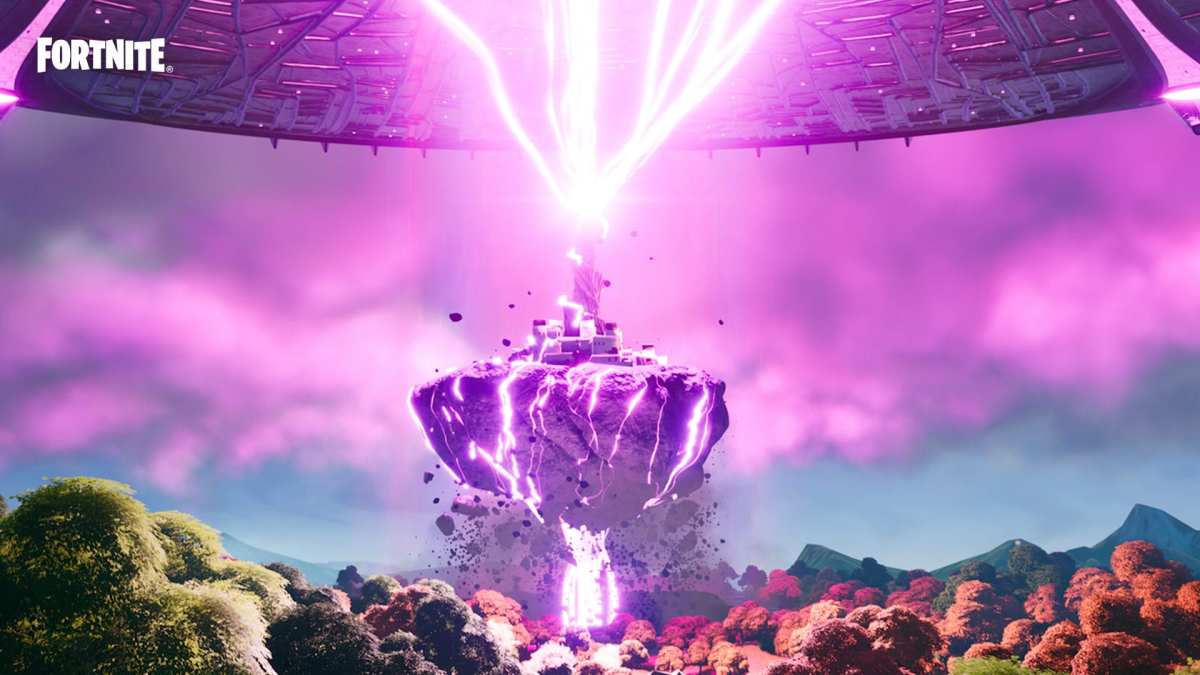
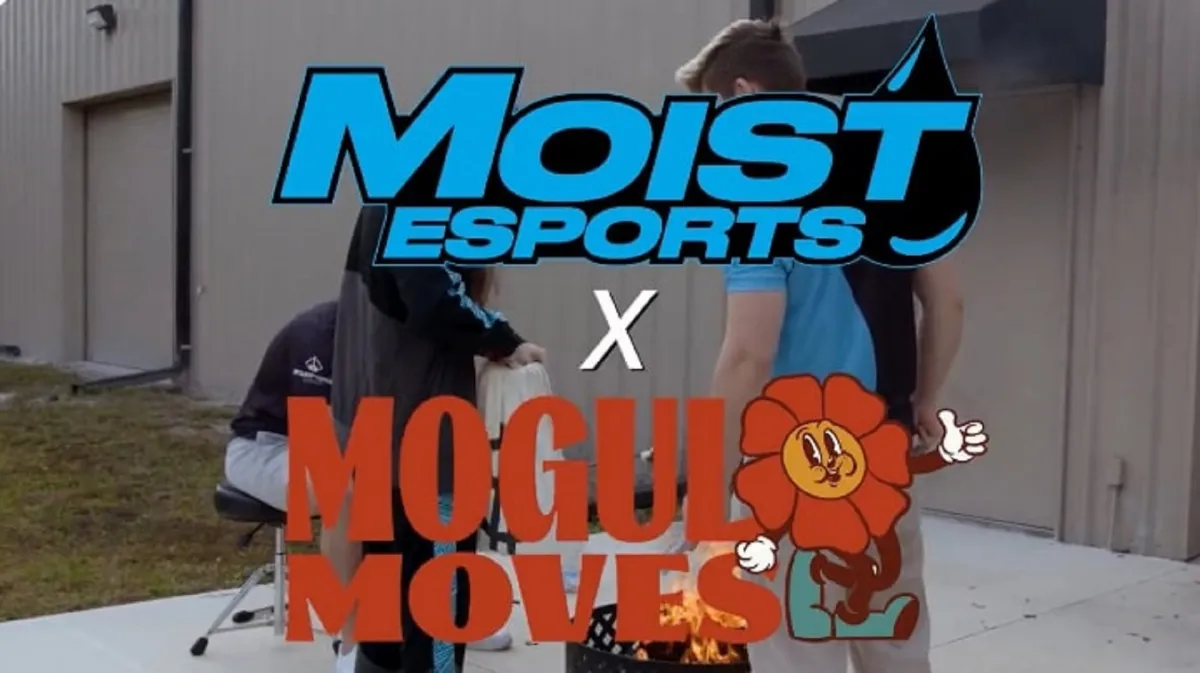
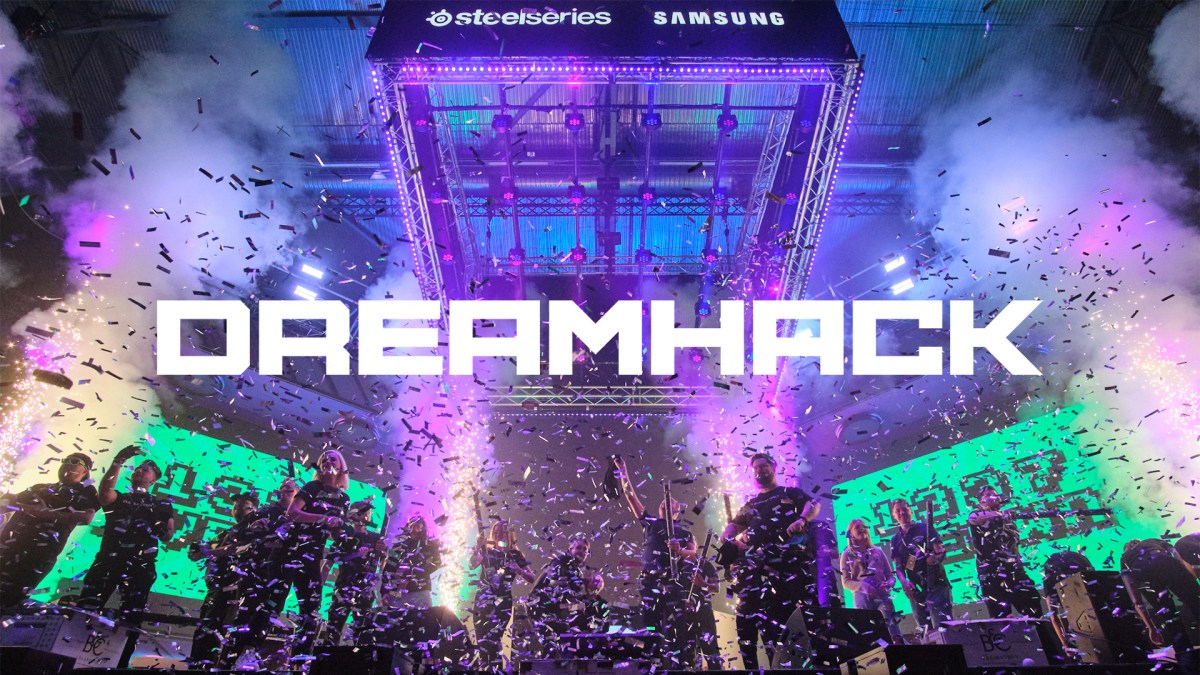
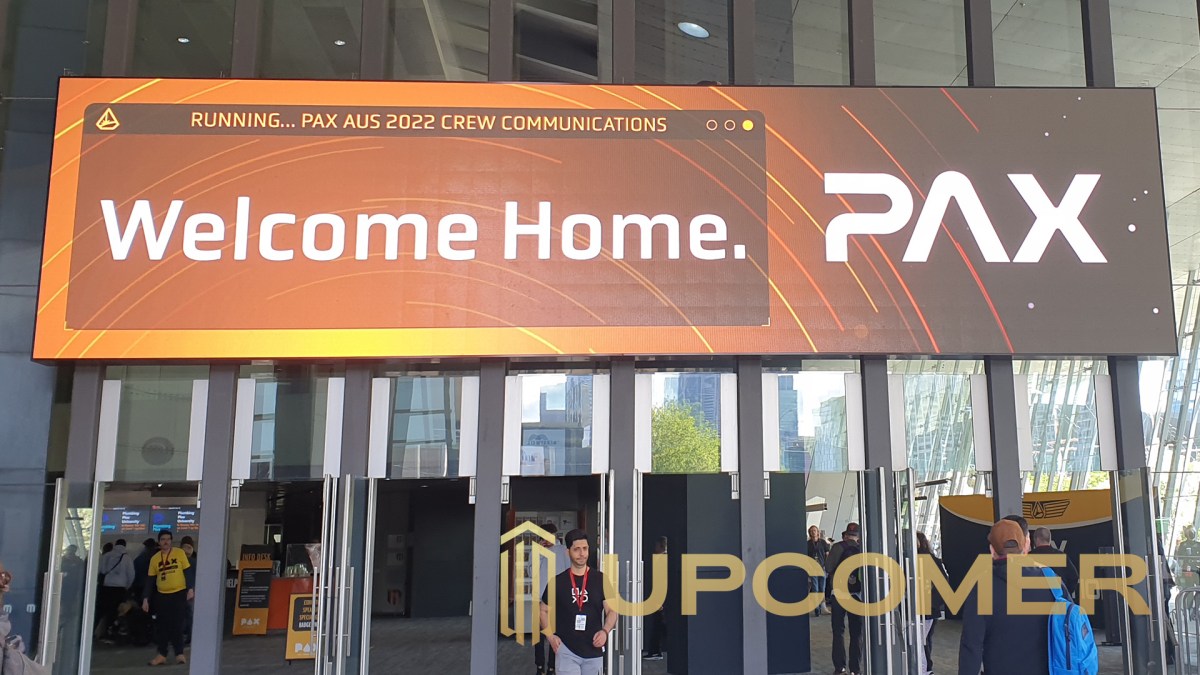

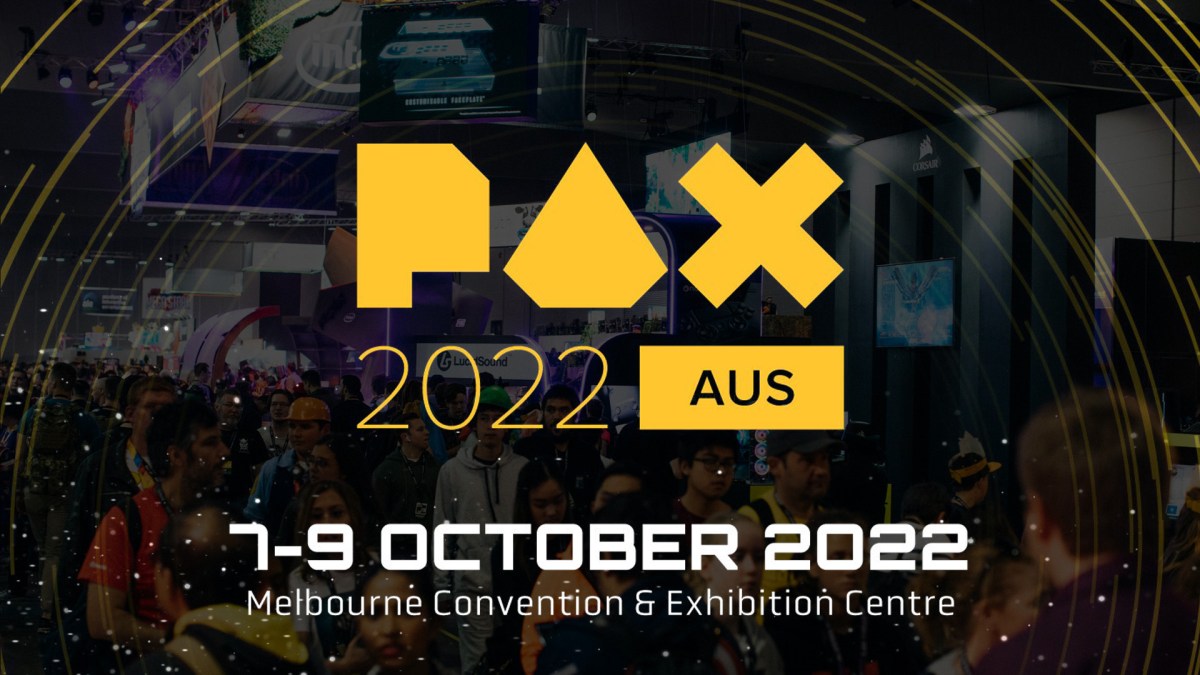
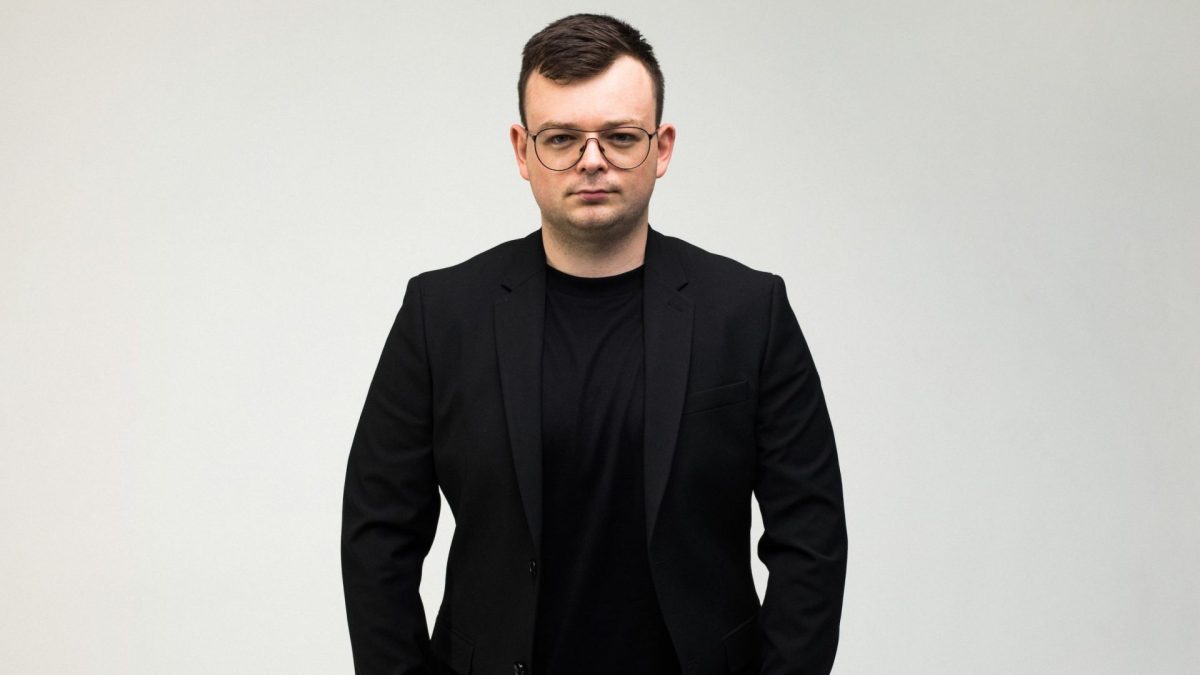
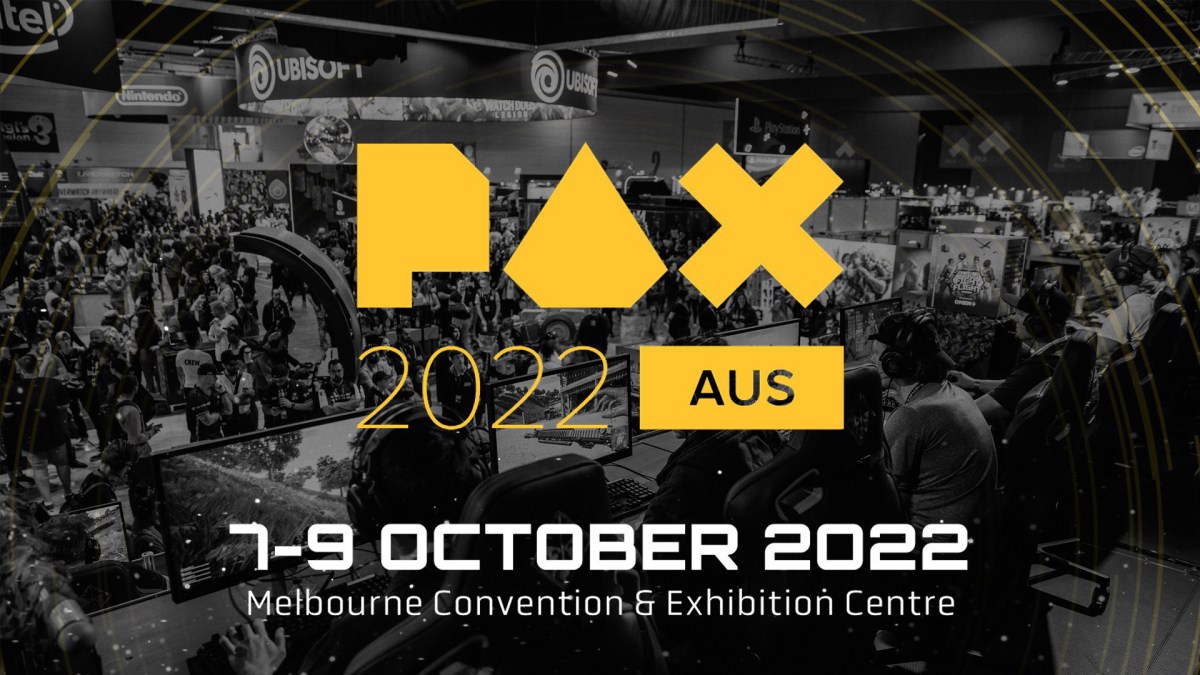
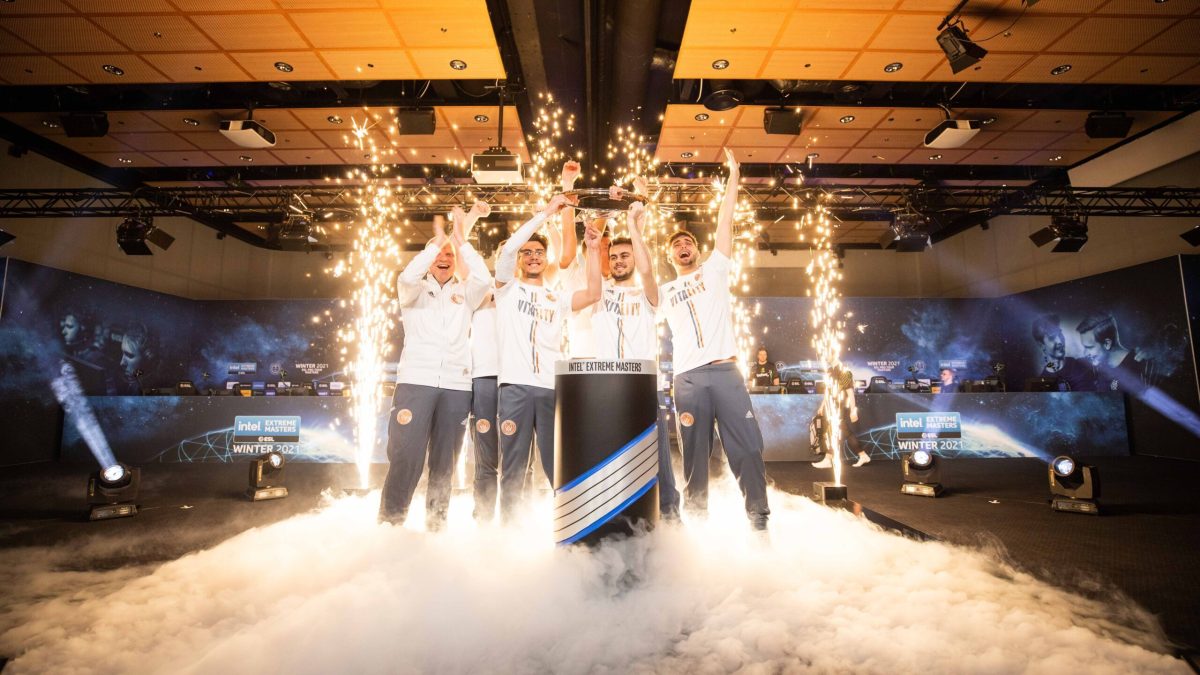

Published: Aug 10, 2018 02:42 am